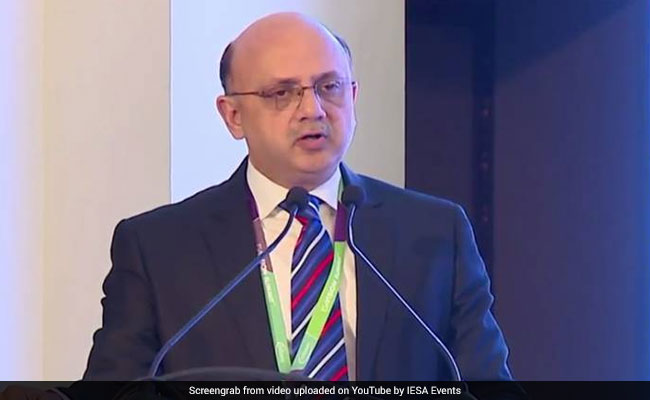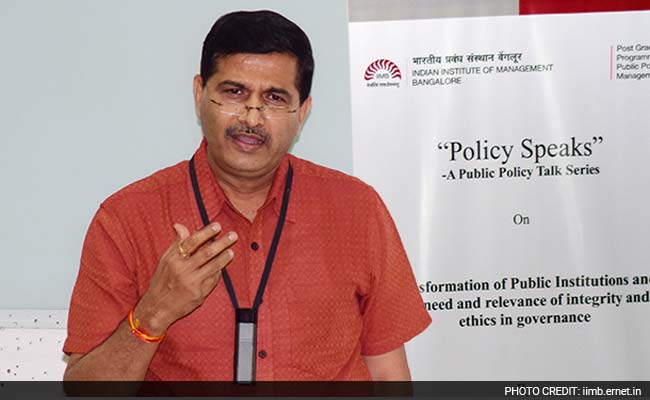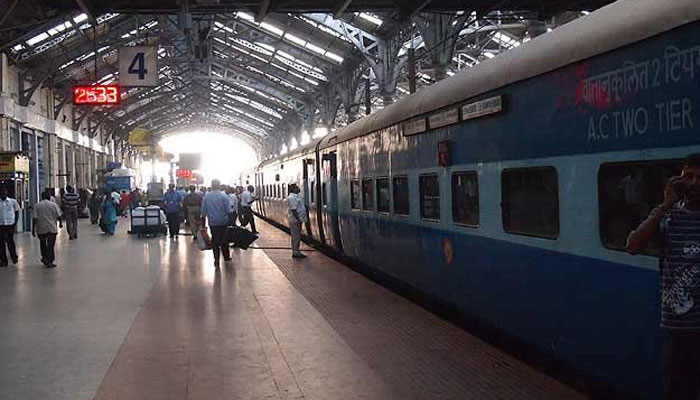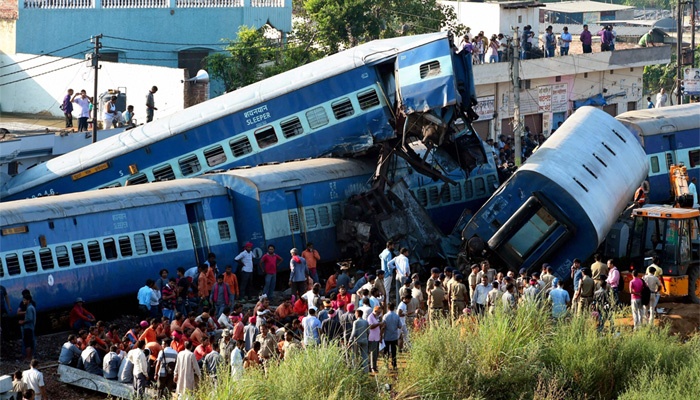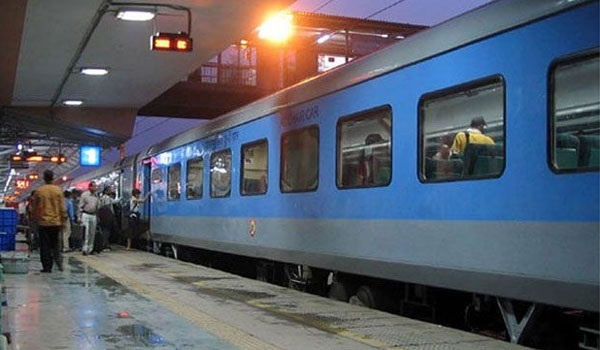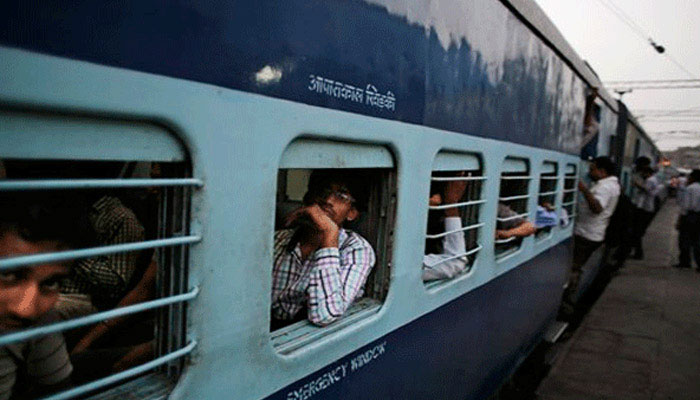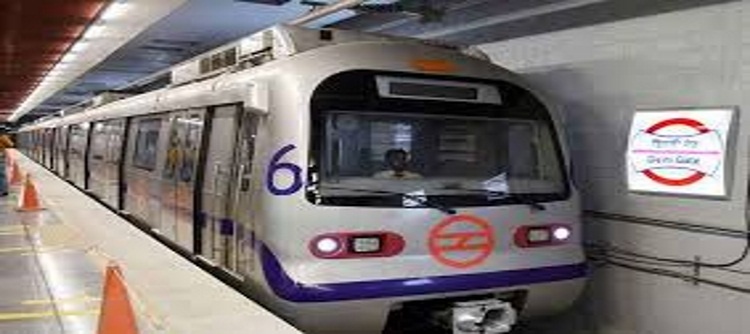
The new metro rail policy empowers states, by putting the onus on them to improve project viability by stressing on economic viability and private participation, according to a recent ICRA report.
The report elaborated that the viability can be improved by promoting transit-oriented development (TOD) and allying it with real estate development, improving last-mile connectivity as well as attracting private investments.
“The new metro rail policy will increase the state government’s role and responsibility in developing the new metro projects,” K Ravichandran, Senior Vice-President and Group-Head, Corporate Ratings, ICRA, said in a statement.
The policy provides for rigorous assessment of new metro proposals, including alternate transit mode analysis to ensure that the least-cost and most-efficient mass transit mode is selected for public transport, the report pointed out.
Further, it also proposes an independent third-party assessment of proposals by government identified agencies.
“However, the policy’s increased emphasis on PPP model for metro development is expected to face challenges, given the low ridership witnessed in some of the operational metro projects and subdued interest of the private sector in taking up PPP projects,” Ravichandran said.
The PPP in the metro rail sector has so far been limited to only six such projects, one of which (Mumbai Metro Ph-2) was terminated before the start while another one (the Delhi Airport Line) was terminated after it became operational.
Currently, there are three operational PPP-based Metro projects (one in Mumbai, and two in Gurugram) while one project is under implementation (Hyderabad Metro).
The new policy plans to empower states to regulate and set up a Fare-Fixation Authority as well as promoting other non-fare revenues such as advertisements, lease of space, it noted.
Also there are provisions to raise resources using innovative mechanisms like ‘Betterment Levy’ on nearby assets, issuance of corporate bonds and improve last-mile connectivity for a catchment area of nearly five km, to promote metro ridership.

